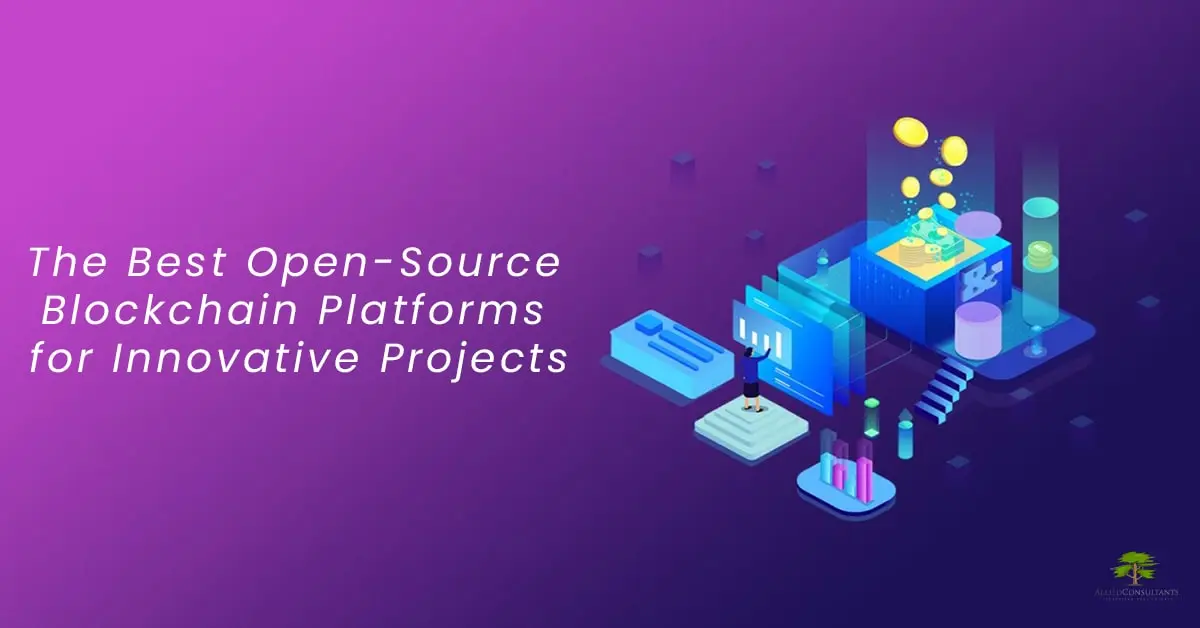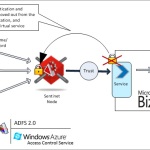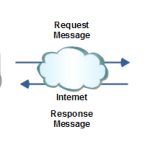Exploring The Best Open-Source Blockchain Platforms
Ever wondered what powers the world of cryptocurrencies and decentralized applications? At the heart of these technologies lies blockchain – a system that’s as fascinating as it is complex. But how does one get started with creating their blockchain applications? That’s where open-source blockchain platforms come into play. These platforms offer the scaffolding developers and companies need to build their blockchain-based projects. Today, we’ll dive into some of the best open-source blockchain platforms, what makes them stand out, and why they might be the right choice for your next project.
What Are Open-Source Blockchain Platforms?
Before we jump into our list, let’s quickly define what we mean by open-source blockchain platforms. These blockchain frameworks are freely available for anyone to use, modify, and distribute. They provide the essential infrastructure for developing blockchain applications, smart contracts, and even entire cryptocurrencies.
Also Read This: Kotlin vs. Java: The Ultimate Showdown for Android App Development
These platforms are supported by communities of developers who contribute to their development, security, and efficiency. This collaborative approach accelerates innovation and ensures high transparency and security – crucial aspects for any technology that deals with data or financial transactions.
The Top Open-Source Blockchain Platforms
1. Ethereum
Ethereum is without a doubt the most well-known open-source blockchain platform. It’s not just a platform; it’s also a programming language (Solidity) that enables developers to build and publish distributed applications (dApps). Ethereum is particularly famous for its smart contract functionality, which automates contractual agreements directly into code, eliminating the need for intermediaries.
2. Hyperledger Fabric
Developed under the Linux Foundation’s Hyperledger umbrella, Fabric is designed for enterprise solutions. It stands out for its modular architecture, allowing for plug-and-play components in areas like consensus and membership services. Fabric is ideal for businesses looking to build scalable and secure blockchain solutions.
3. Stellar
Focused on facilitating cross-border transactions, Stellar is an excellent platform for building financial applications. It enables quick, reliable, low-cost transaction services for assets and currencies. Stellar is particularly praised for its simplicity and the Stellar Consensus Protocol (SCP), which ensures fast and secure transaction validation.

4. EOS.IO
Known for its scalability, EOS.IO offers a robust platform for developing dApps. It addresses some critical challenges in blockchain, such as speed, scalability, and user experience, making it a favorite among developers looking for efficiency and performance.
5. Tezos
Tezos is unique for its on-chain governance model, which allows stakeholders to vote on protocol upgrades. This makes it highly adaptable. It also formally verifies smart contracts, ensuring high security for decentralized applications.
Comparative Analysis
To give you a clearer picture, let’s look at a comparative table highlighting some key features of these platforms:
| Feature | Ethereum | Hyperledger Fabric | Stellar | EOS.IO | Tezos |
| Consensus Mechanism | PoW/PoS | Pluggable | SCP | dPoS | LPoS |
| Smart Contracts | Yes | Yes | Limited | Yes | Yes |
| Transaction Speed | Moderate | High | High | High | Moderate |
| Scalability | Moderate | High | High | Very High | High |
| Focus Area | dApps, Smart Contracts | Enterprise Solutions | Financial Transactions | dApps | Governance, Security |
Why Choose Open-Source Blockchain Platforms?
Choosing an open-source platform for your blockchain project comes with several benefits:
- Community Support: Access to a vast community of developers and experts who contribute to the platform’s development and are available for advice and troubleshooting.
- Transparency: You can inspect, modify, and enhance the underlying code, ensuring that the platform meets your specific needs without hidden surprises.
- Innovation: Open-source platforms are often at the forefront of technology, benefiting
Conclusion
Open-source blockchain platforms are the building blocks of the decentralized web. They offer powerful tools for developers and businesses to innovate and build secure, scalable, and efficient applications. Whether you’re interested in creating a financial app, an enterprise solution, or exploring the vast possibilities of decentralized applications, an open-source blockchain platform fits your needs. As the blockchain space continues to evolve, these platforms will undoubtedly play a pivotal role in shaping the future of technology. The platforms we’ve discussed today are just the tip of the iceberg, but they represent some of the most influential and capable in the market. Choosing the right one depends on your project’s specific needs, including transaction speed, security, scalability, and the type of application you’re building.
As we delve into the blockchain world, it’s essential to remember that the technology is still evolving. The best platform today might be surpassed by another tomorrow. However, these platforms’ open-source nature ensures that they continue to improve and adapt over time, driven by their communities and users’ needs.
In conclusion, the journey into blockchain development is exciting and challenging. With the right tools and a strong community behind you, there’s no limit to what you can create. Whether you’re a seasoned developer or just starting out, these open-source blockchain platforms offer many resources and opportunities to bring your ideas to life. Happy coding!


![Energy Business Outlook 2016 [Infographic]](https://alliedc.com/wp-content/uploads/2016/05/Key-Findings-Oil-and-Gas-150x150.png)




